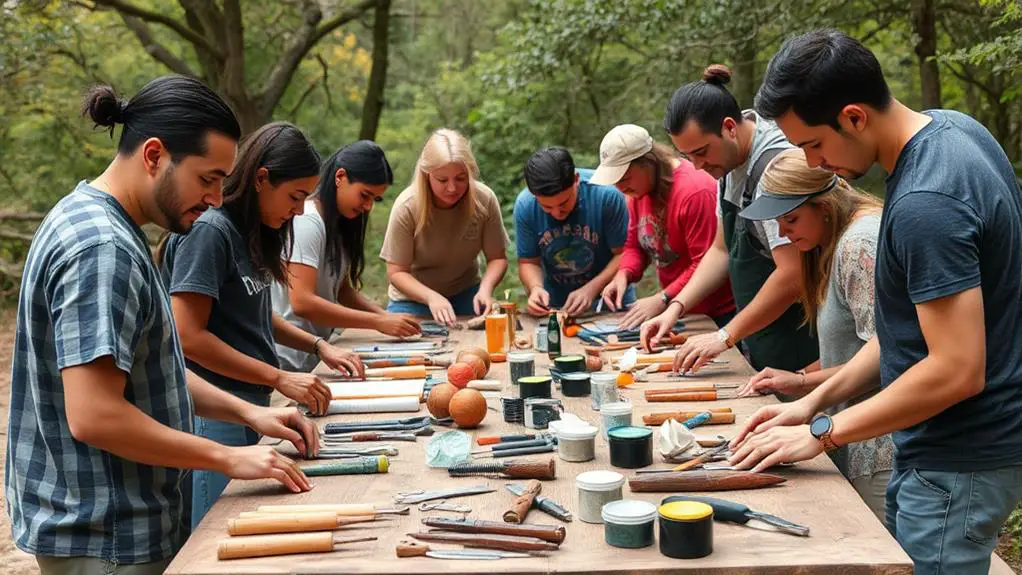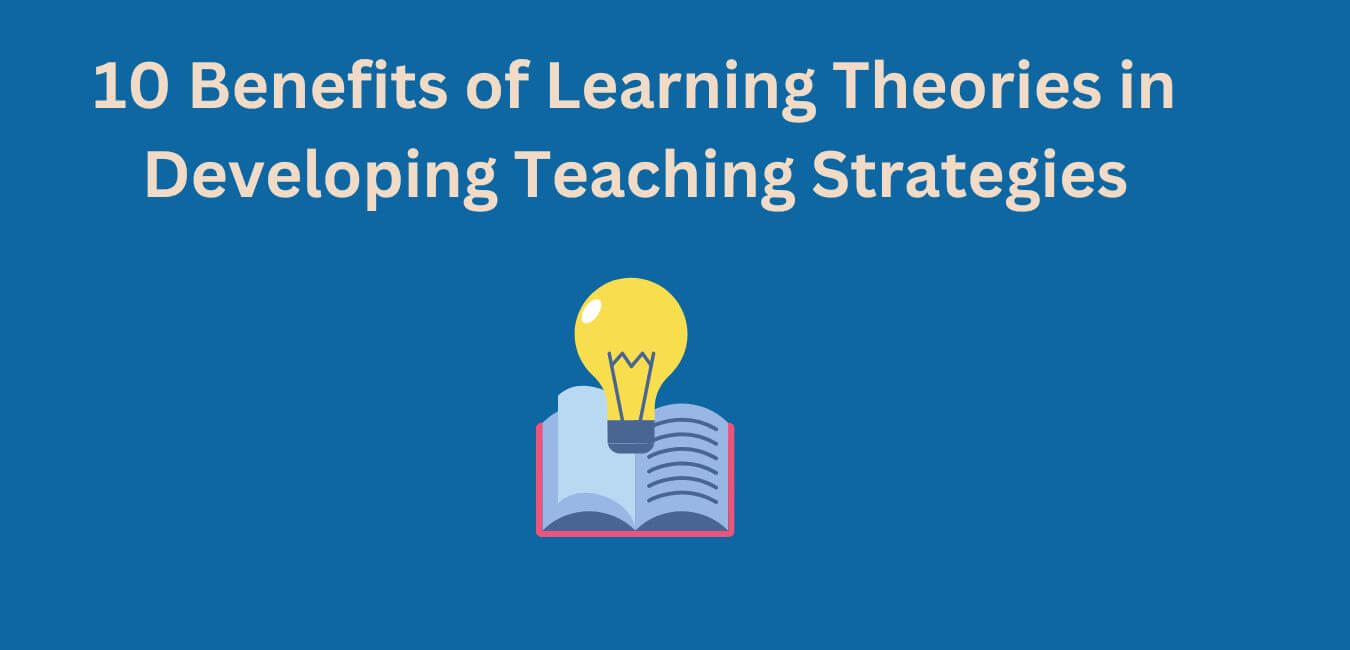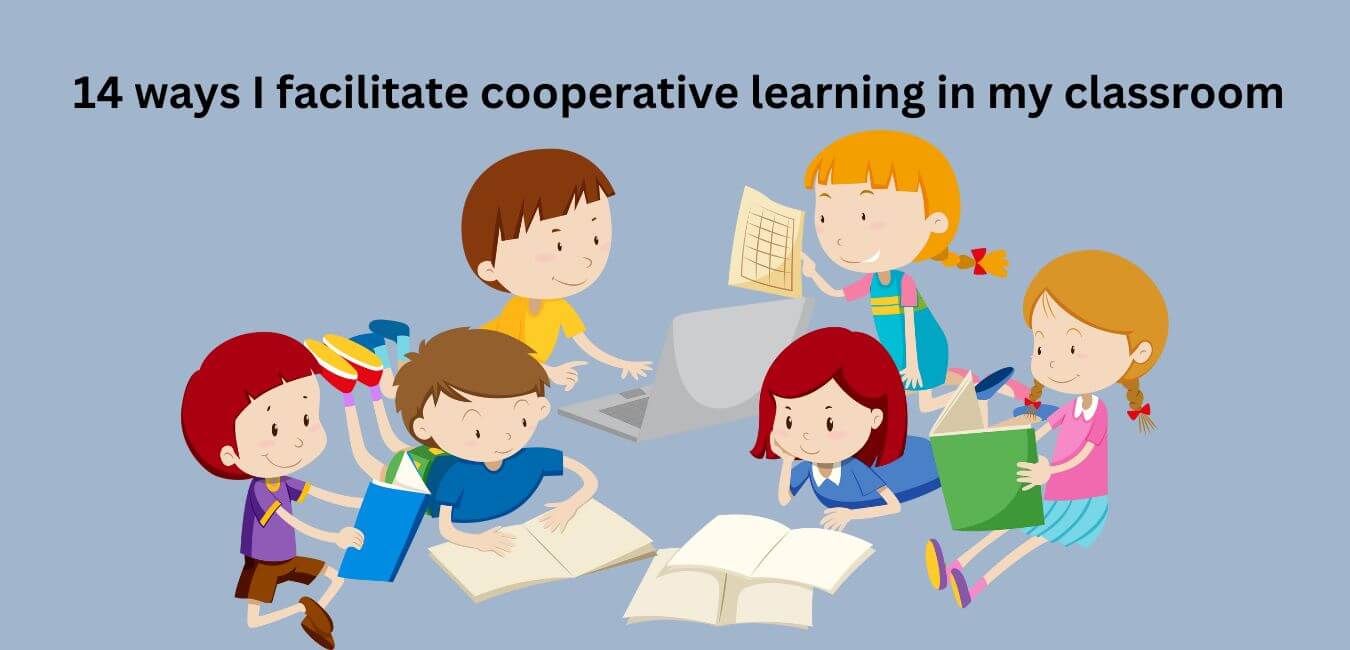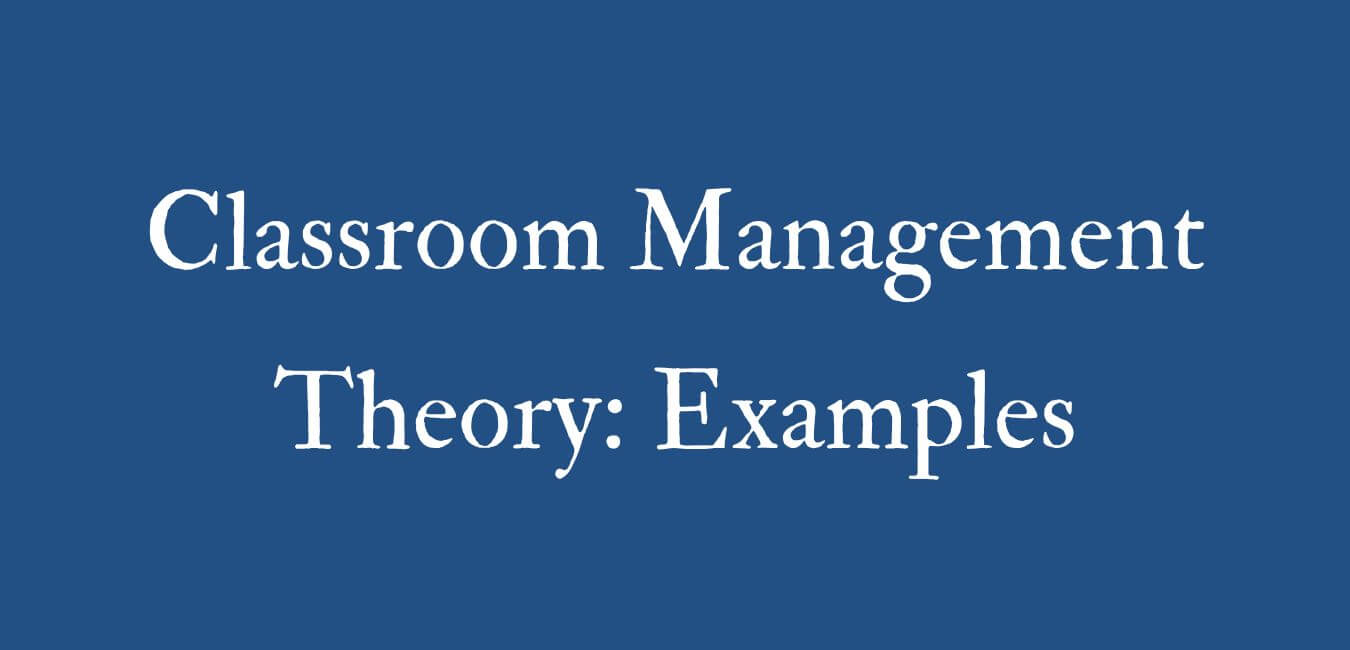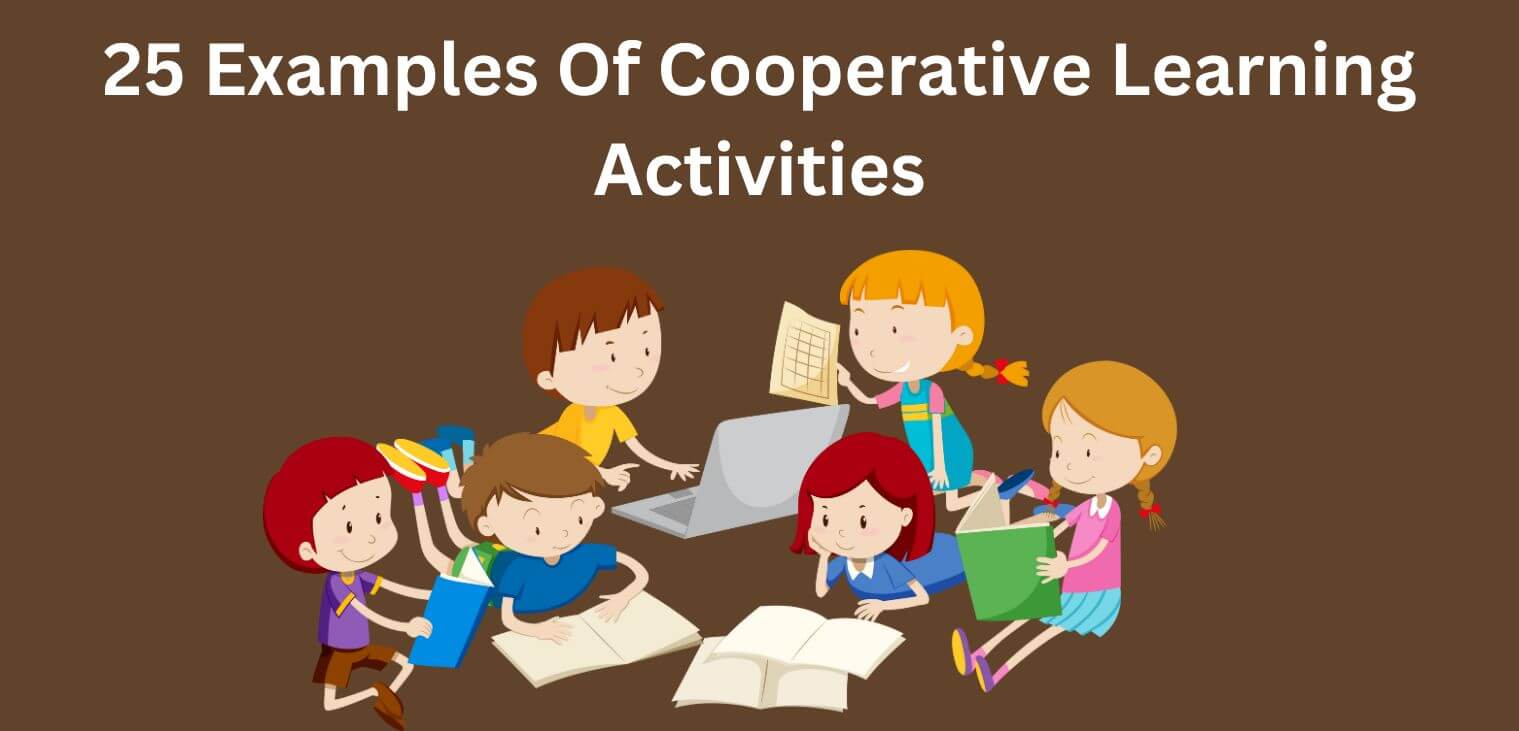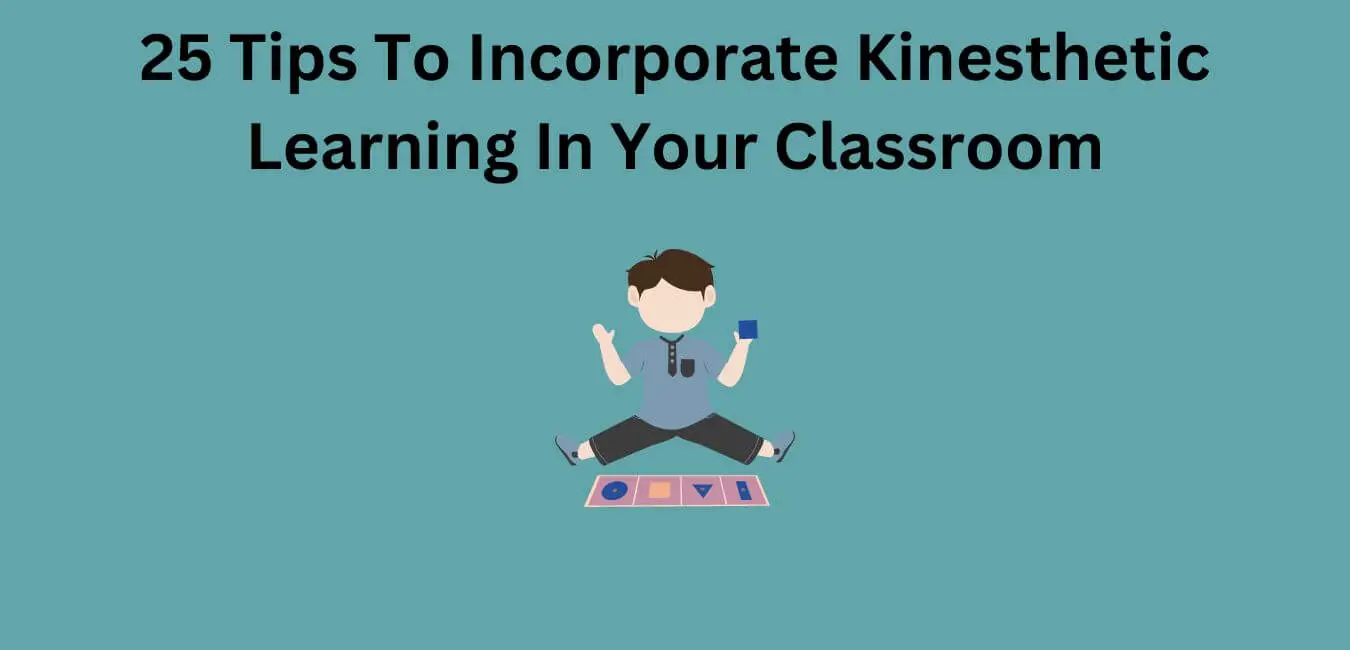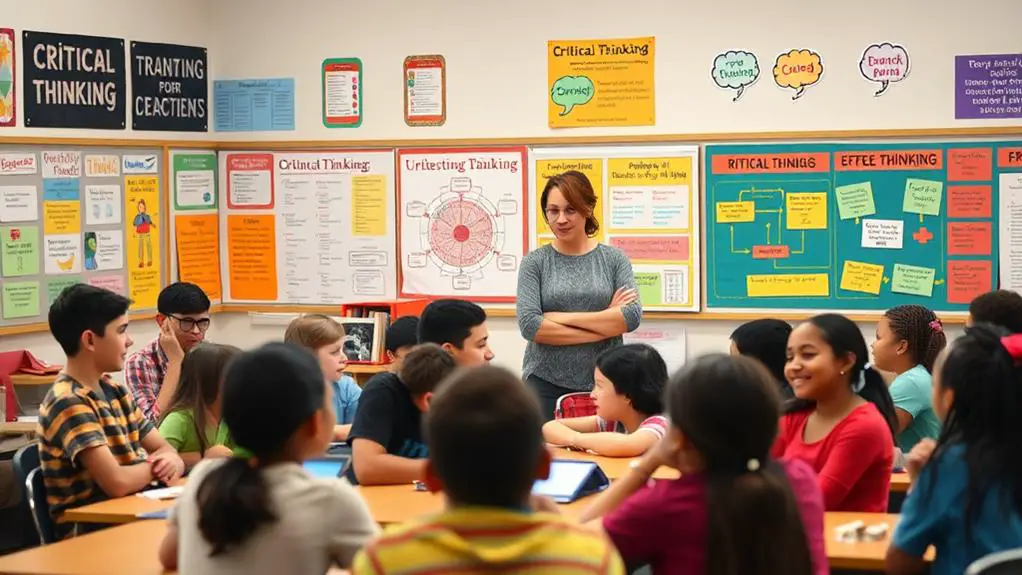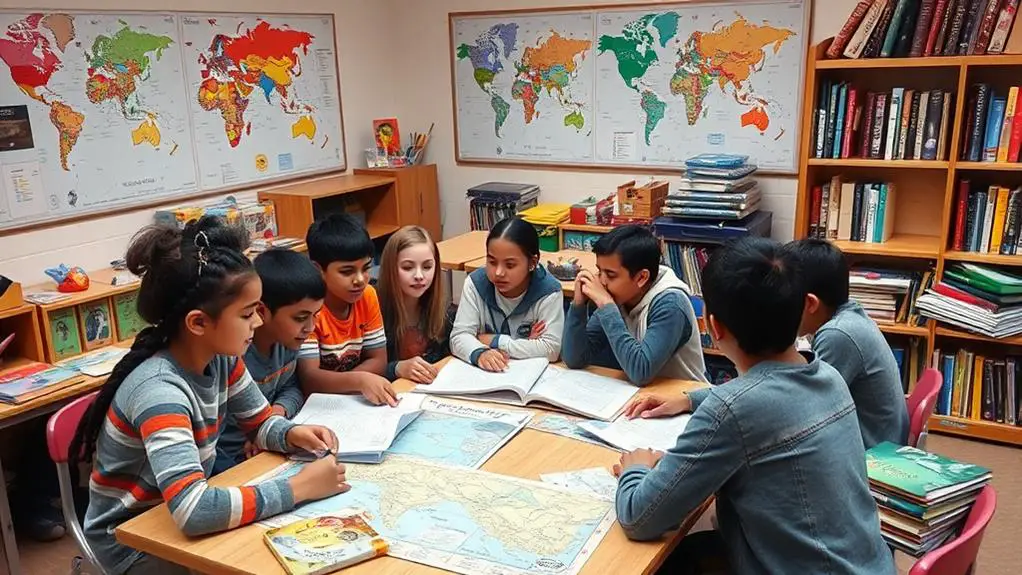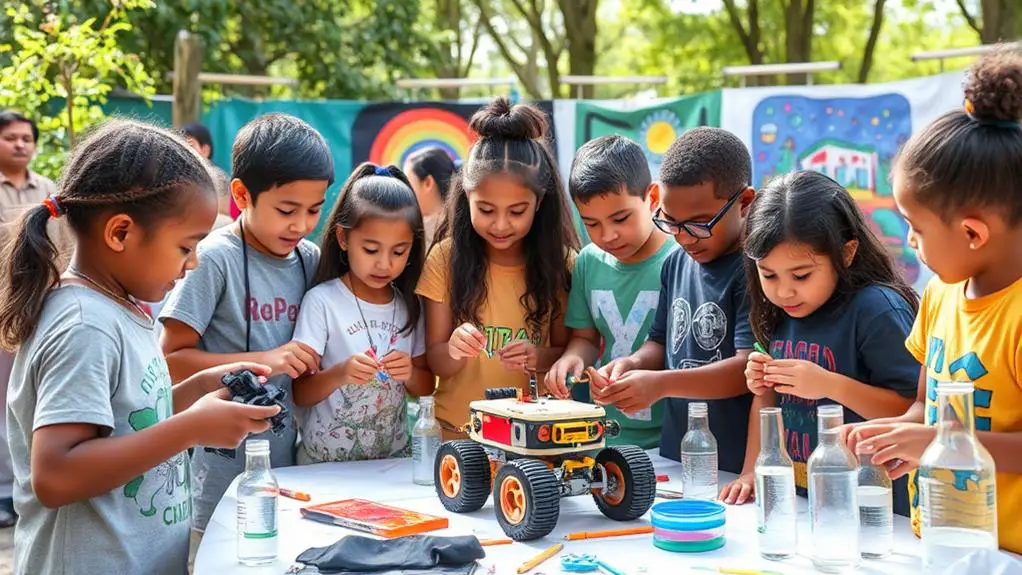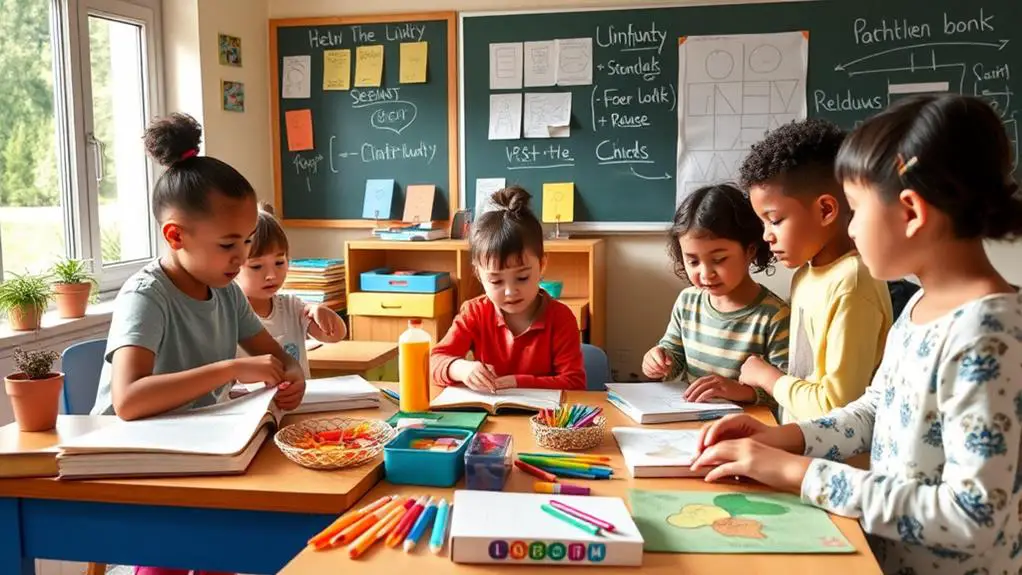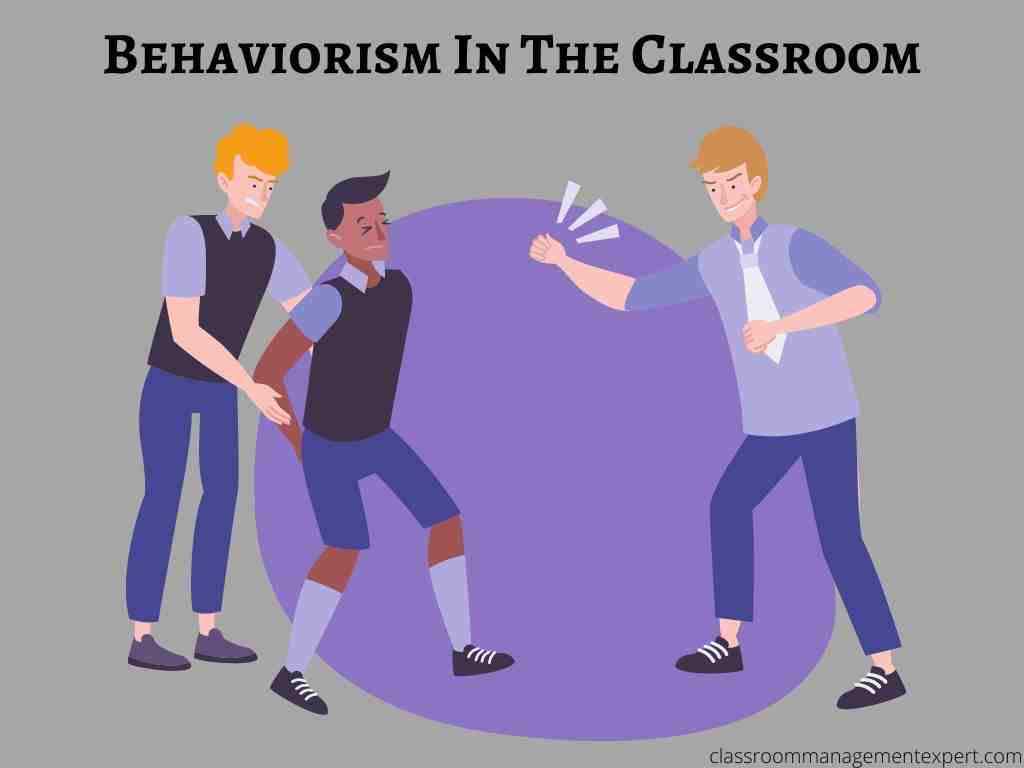Experiential learning for adults emphasizes the importance of reflection, active participation, and collaboration.
Reflection is crucial as it enhances critical thinking and connects theoretical knowledge to practical experiences. Engaging in reflective practices allows learners to analyze their experiences, leading to deeper insights and understanding.
Active participation is equally vital; it transforms learning into an interactive process where individuals share ideas and challenge each other’s perspectives.
Collaboration adds depth to this experience, as working with others fosters diverse viewpoints and enriches discussions.
To effectively integrate these components, strategies such as structured group discussions, reflective journaling, and peer feedback sessions can be employed.
For instance, using reflective journals encourages individuals to document their thoughts and feelings about their learning experiences, which can then be shared in group settings for collective insights. This approach not only solidifies understanding but also builds a supportive learning community.
In summary, combining reflection, active participation, and collaboration shapes our understanding of experiential learning, making it a dynamic and enriching process for adults.
Importance of Reflection
Reflection is a crucial component of meaningful learning. Taking the time to review our experiences allows us to gain insights that enhance our understanding and ability to support others effectively.
This process fosters critical thinking, enabling us to analyze situations, identify patterns, and pinpoint areas for personal and professional growth.
Engaging in reflection creates connections between theoretical knowledge and practical application. For example, after completing a community project, I make it a point to sit down and record my observations.
I assess what succeeded, what fell short, and how my actions affected the people I intended to assist. This reflective practice not only deepens my learning but also shapes my future projects, ensuring continuous improvement in my approach to community engagement.
Active Participation Strategies
Active participation in learning experiences significantly enhances both engagement and retention. Engaging strategies like role-playing exercises and simulation activities play a crucial role in this process. These approaches not only deepen understanding but also cultivate empathy and connection among participants, making learning more meaningful and impactful.
Here’s a concise overview of how to implement these strategies effectively:
| Strategy | Benefit |
|---|---|
| Role Playing Exercises | Promotes perspective-taking and enhances communication skills. |
| Simulation Activities | Offers hands-on experience in a controlled, safe environment. |
| Group Discussions | Encourages collaboration and collective knowledge sharing. |
| Feedback Sessions | Boosts self-awareness and supports personal growth. |
Incorporating these methods into your learning framework can lead to a richer educational experience for everyone involved. The interactive nature of these activities not only makes learning enjoyable but also fosters a supportive community where individuals can learn from one another. Using these approaches will ultimately prepare participants to apply their knowledge in real-world scenarios effectively.
Real-World Application
Experiential learning offers significant value through active engagement in practical experiences. This approach enables individuals to transform theoretical knowledge into practical skills that are applicable in real-world situations. The following three aspects illustrate how this learning method unfolds:
- Hands-On Training: Engaging in experiential activities enhances understanding of complex concepts. The act of physically participating deepens comprehension, making it easier to grasp intricate ideas.
- Skill Application: Working on relevant projects allows me to apply my skills to real-world challenges. This practice not only boosts confidence but also enhances problem-solving abilities, as I tackle issues that arise in actual scenarios.
- Situational Learning: Experiencing real-life situations cultivates adaptability. Confronting unexpected challenges fosters resourcefulness and resilience, essential traits for navigating various environments.
These elements of experiential learning significantly empower individuals to serve their communities effectively. Each experience adds depth to my journey, enabling me to contribute meaningfully.
Ultimately, the fusion of theory and practice lays a strong foundation for continuous learning and impactful service, underscoring the importance of practical engagement in personal and professional growth.
Collaborative Learning Environments
Collaboration plays a crucial role in enhancing the learning experience in hands-on environments. In these settings, learning from peers becomes a significant advantage. Working together allows us to leverage group dynamics, fostering shared understanding and growth within our community.
The benefits of teamwork are substantial; we not only enhance our social interaction skills, which are essential for community building, but also develop a sense of belonging.
Building trust is fundamental in collaborative learning. Trust fosters a safe environment for open discussions and resolves conflicts effectively. When diverse perspectives are welcomed, they enrich our conversations, paving the way for innovative solutions and boosting our collective knowledge.
Effective communication skills flourish as we learn to listen actively and express our thoughts with respect and empathy.
These collaborative experiences also offer chances for leadership. Whether leading or supporting peers, we navigate challenges together and celebrate our victories. This supportive atmosphere enables us to thrive, serve one another, and contribute positively to our communities.
Embracing collaboration significantly enhances the journey of experiential learning for adults, making it a vital aspect of our educational growth.
Individual Learning Styles
Recognizing individual learning styles is crucial for enhancing our educational journeys. Each person has a distinct approach to learning, and understanding these preferences can significantly boost our ability to engage with and support others.
Identifying the most effective methods for absorbing information allows for tailored learning strategies that align with our strengths. Below are three prominent learning styles to consider:
- Visual Learning Techniques: Utilizing diagrams and infographics can facilitate a clearer understanding of complex ideas. Visual resources are particularly beneficial when exploring cultural influences on learning, as they provide a vivid representation of concepts.
- Auditory Comprehension Skills: For learners who excel through listening, participating in discussions or accessing educational podcasts can enhance retention of information. These auditory strategies promote interactive learning among peers, ultimately enriching our shared knowledge.
- Kinesthetic Engagement Methods: Engaging in hands-on activities and situational awareness exercises fosters a stronger connection between theory and practice. Active participation not only enhances practical skills but also nurtures emotional intelligence and encourages self-guided learning.
Understanding these styles can empower individuals to create more effective learning environments and experiences.
Feedback Mechanisms
Feedback mechanisms play a crucial role in experiential learning, as they provide opportunities for growth and development. Timely responses are vital; constructive criticism can significantly influence our learning journey, enabling us to enhance our skills and adapt effectively.
It’s important to implement strategies that foster meaningful feedback to achieve better outcomes in learning environments. For instance, incorporating regular check-ins during a project allows learners to receive guidance and make necessary adjustments in real-time.
Tools like peer review sessions or feedback forms can facilitate this process, ensuring that everyone involved has the chance to reflect on their work and improve. Emphasizing the importance of feedback not only aids individual growth but also strengthens the overall learning community.
Importance of Timely Responses
In experiential learning for adults, the importance of timely responses can’t be overstated. Quick feedback is crucial for enhancing the learning process, as it helps to solidify insights that can advance understanding and skills. Engaging promptly with learners creates a stronger connection between them and facilitators, leading to an environment where growth can truly thrive.
Here are three key reasons why swift feedback is essential:
- Immediate Insight: Providing feedback soon after an experience allows for effective reflection and the application of lessons in real-time. For instance, after a group exercise, discussing what went well and what could be improved helps learners grasp concepts quickly.
- Motivation Boost: Rapid responses energize participants and validate their efforts. When participants see their input valued and acknowledged quickly, they’re more likely to remain engaged and eager to explore further.
- Adaptability: Timely feedback allows for adjustments in teaching methods to better meet the needs of learners. This fosters a culture of continuous improvement, where both facilitators and participants can evolve together.
Constructive Criticism Strategies
Constructive criticism is a vital component of the learning process, enhancing both personal and professional growth. When individuals participate in peer evaluation, they cultivate a growth mindset that views feedback as a valuable opportunity for improvement. A supportive environment encourages open dialogue, allowing constructive feedback to thrive.
To implement effective constructive criticism strategies, a structured approach is beneficial:
| Strategy | Description |
|---|---|
| Self-Assessment | Reflect on your own performance to identify strengths and weaknesses. |
| Positive Reinforcement | Begin with recognition of strengths before discussing areas for improvement. |
| Trust Building | Foster relationships that promote honest and open communication. |
| Communication Skills | Utilize clear and specific language when giving feedback. |
These strategies not only enhance the feedback experience but also contribute significantly to individual development and team dynamics.
Problem-Solving Activities
Problem-solving activities are essential for enhancing our critical thinking abilities in real-life situations. These tasks often require teamwork, which not only hones our problem-solving skills but also fosters strong relationships with others.
Engaging in these experiences can fundamentally change how we tackle everyday challenges. For instance, participating in a team challenge to solve a community issue can lead to innovative solutions and deeper connections among team members.
Such activities are crucial because they prepare us to face obstacles more effectively in our daily lives.
Real-World Scenarios
Real-world scenarios are vital in experiential learning, enabling adults to tackle practical problem-solving tasks. Engaging with these situations enhances our capacity to assist others effectively.
Navigating realistic challenges allows us to cultivate essential skills while reflecting on our experiences.
Here are three effective methods that can be applied:
- Case Studies: Examining real-life situations provides insight into the intricacies of decision-making. Analyzing both successes and failures offers valuable lessons that connect with our own service experiences.
- Role Playing: Immersing ourselves in another person’s perspective enhances empathy and understanding. Acting out various scenarios equips us to handle challenging situations, ultimately improving our ability to support those in need.
- Simulations: These structured environments allow us to practice skills without the risk of real-world consequences. They provide a safe space for experimentation and growth, enabling us to learn from our mistakes.
Engaging with these real-world scenarios not only sharpens our problem-solving skills but also strengthens our dedication to serving others with compassion and effectiveness.
Collaborative Team Challenges
Collaborative team challenges play a vital role in enhancing our problem-solving abilities. Engaging in these activities immerses us in team dynamics that promote trust and effective communication. As we assign roles based on individual strengths, we can align our objectives and work towards a shared goal.
Throughout these challenges, conflict resolution techniques become crucial. Effectively managing disagreements fosters resilience and strengthens our commitment to supporting one another. This process allows us to develop not only as individuals but also as a unified team.
Motivational strategies significantly impact our progress. Recognizing and celebrating small achievements keeps morale high and sharpens our focus. Furthermore, evaluating performance and measuring outcomes are essential for understanding our advancement. Reflecting on successes and setbacks empowers us to adapt and enhance our skills continuously.
Ultimately, participating in collaborative team challenges provides invaluable opportunities for both personal and professional growth. These experiences remind us that, together, we can navigate obstacles and achieve meaningful outcomes while nurturing a culture of service and collaboration.
Integration of Theory and Practice
The integration of theory and practice is essential for effective learning. When theoretical concepts are paired with practical applications, it creates an environment that enhances skill acquisition and knowledge retention. This approach not only boosts engagement among adult learners but also leads to significant learning outcomes.
Here are three effective strategies for integrating theory with practice:
- Experiential Activities: Engaging in hands-on experiences allows participants to implement theoretical concepts in real-world contexts. This connection fosters a deeper understanding and enhances the relevance of the learning material.
- Diverse Instructional Strategies: Employing a variety of teaching methods ensures that all learners can connect with the content. Techniques such as discussions, simulations, and collaborative projects cater to different learning preferences and enhance participation.
- Reflective Practice: Promoting reflection on practical experiences helps adults make connections between theoretical knowledge and real-life applications. This reflection solidifies understanding and encourages ongoing professional development.
Incorporating these strategies not only enriches the learning experience but also prepares individuals to apply their knowledge effectively in their careers.
Continuous Assessment and Improvement
Continuous assessment and improvement are vital components of the adult education landscape. These processes enable educators to evaluate learners’ progress and adapt their teaching methods to better support individual growth. Formative assessments provide insight into learners’ understanding relative to their goals, allowing for timely adjustments in instructional strategies.
Self-evaluation tools encourage learners to take an active role in their educational journeys. Tracking their own progress fosters engagement and commitment to skill development. Tailoring learning experiences through adaptive strategies meets the varying needs and styles of each student, enhancing overall effectiveness.
Peer assessments are instrumental in this framework as well. They promote collaboration among learners and help them grasp competency standards from multiple viewpoints. Observing personal growth through constructive feedback and reflection is profoundly rewarding.
Ultimately, the commitment to continuous assessment and improvement transcends mere methodology. It establishes a culture of learning where every participant can excel. Through collective effort, individuals can enhance their skills and build confidence, leading to a transformative educational experience.
Conclusion
Experiential learning for adults is a powerful approach that emphasizes the importance of hands-on experiences in the learning process. It shifts the focus from traditional methods of instruction to active engagement, allowing individuals to immerse themselves in real-world situations. This method not only enhances understanding but also fosters essential skills necessary for effective problem-solving.
As I conclude this discussion on experiential learning, I reflect on Aristotle’s insight: “For the things we have to learn before we can do them, we learn through practice.” Engaging in reflection, participation, and collaboration enriches our comprehension. These elements are crucial for personal and professional growth, enabling us to face life’s complexities with confidence and turn theoretical knowledge into actionable insights.
For instance, consider a workshop where adults learn project management. Instead of simply listening to lectures, participants might work on a group project, allowing them to apply concepts in real-time. This hands-on approach not only solidifies their understanding but also prepares them to implement strategies in their own workplaces. Emphasizing these experiential elements ultimately transforms learners into adept problem solvers who can navigate challenges effectively.

